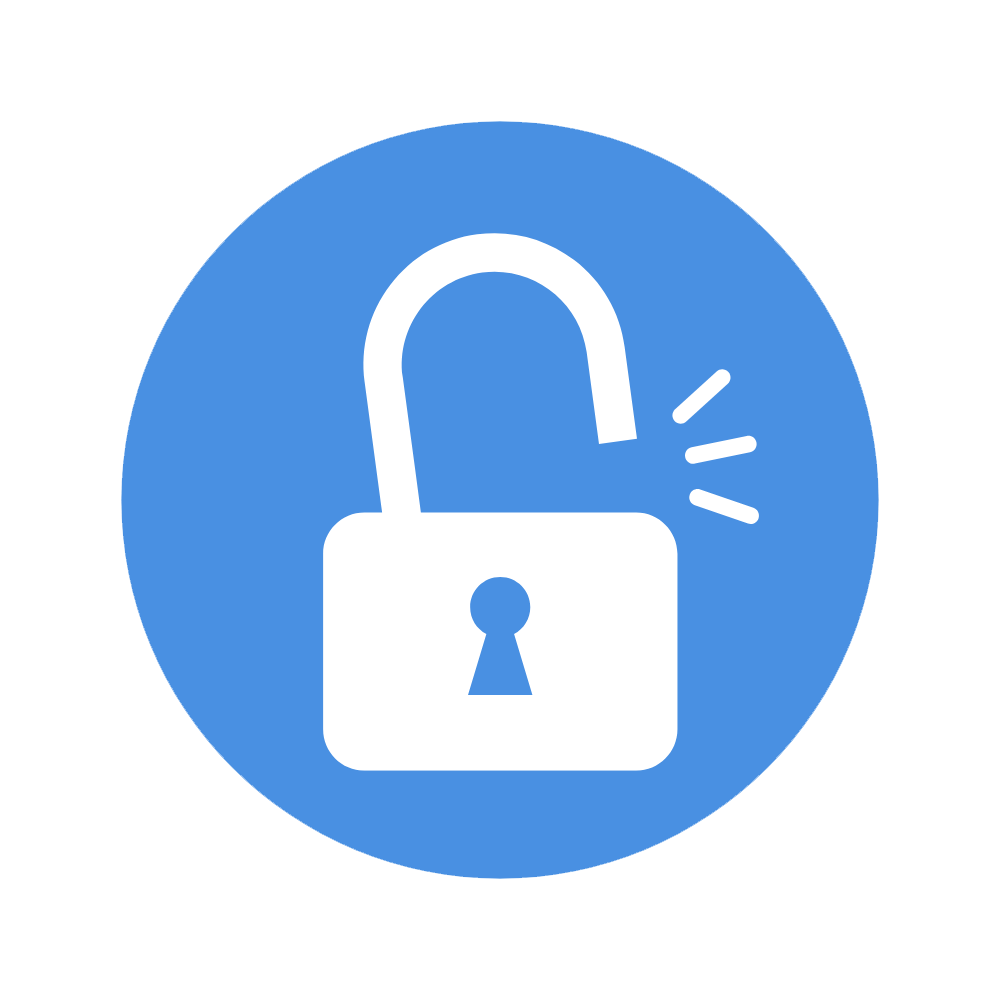Table of Contents
Therapy claim denials are one of the most expensive and time-consuming problems therapy clinics face. Whether you run a physical therapy, occupational therapy, or speech therapy practice, claim denials disrupt cash flow, increase administrative workload, and slow down patient care.
Most therapy claim denials don’t happen because care was inappropriate. They happen because of CPT coding mistakes, documentation gaps, or misalignment between notes and billing. The good news is that many of these issues are preventable with the right workflows and tools.
This guide breaks down the most common CPT code mistakes that lead to therapy claim denials and what clinics can do to reduce denials, protect reimbursement, and stay compliant.

Why Therapy Claim Denials Are So Costly for Clinics
Every denied claim creates a ripple effect across your practice.
Common consequences include:
- Delayed or lost reimbursement
- Increased staff time spent on rework and appeals
- Higher audit risk
- Strained relationships with payers and patients
Over time, frequent therapy claim denials can significantly impact clinic profitability and staff morale. Preventing denials at the documentation and coding stage is far more effective than appealing them later.
The Most Common CPT Code Mistakes That Lead to Denials
Medical Necessity Is Not Clearly Supported
Why it happens
Payers often deny claims when documentation does not clearly demonstrate why skilled therapy services are required.
How to fix it
- Tie every intervention directly to a diagnosis and functional limitation
- Document why skilled therapy is needed instead of self-directed care
- Show how the treatment addresses measurable deficits
Example
Instead of:
“Manual therapy performed.”
Document:
“Manual therapy performed to improve joint mobility and reduce pain limiting independent transfers.”
Inadequate or Vague Documentation
Why it happens
Notes may describe what was done, but not why it was done or how it impacts function.
How to fix it
- Link each CPT code to a functional goal
- Document measurable progress or lack of progress
- Show skilled decision-making in every session
Clear documentation is one of the strongest defenses against therapy claim denials.
Duplicate Billing and Overlapping CPT Codes
Why it happens
Some therapy CPT codes overlap in intent, such as:
-
- 97110 (therapeutic exercise)
- 97530 (therapeutic activities)
- 97535 (self-care/home management)
If the distinction is not clear, payers may deny one or more codes.
How to fix it
-
- Clearly differentiate the purpose of each code in documentation
- Use modifiers appropriately when required
- Avoid billing multiple codes for the same activity
Exceeding Frequency or Utilization Limits
Why it happens
Re-evaluations, modalities, or specific interventions may be billed too frequently without adequate justification.
How to fix it
- Understand payer-specific frequency limits
- Justify additional services with clear clinical rationale
- Document changes in status that require reassessment
Incorrect Coding for Emerging or Specialized Therapies
Why it happens
Some treatments are considered experimental or have limited coverage depending on the payer.
How to fix it
- Verify coverage before providing the service
- Obtain authorization when required
- Document why standard treatments were insufficient
Failing to do this increases the risk of therapy claim denials and post-payment audits.
How to Appeal Therapy Claim Denials Effectively
Even with strong workflows, some denials still happen. A structured appeal process makes a significant difference.
Step 1 – Identify the Exact Denial Reason
Review the Explanation of Benefits (EOB) carefully to determine whether the issue is coding-related, documentation-related, or authorization-related.
Step 2 – Strengthen the Clinical Narrative
Include:
- Detailed treatment notes
- Functional progress data
- Letters of medical necessity when appropriate
Step 3 – Submit Appeals on Time
Most payers enforce strict deadlines. Late appeals are often automatically denied.
Step 4 – Track Denial Patterns
Recurring denial reasons often point to workflow or documentation issues that need system-level fixes.
How Technology Helps Reduce Therapy Claim Denials
HelloNote is designed specifically for therapy workflows, helping clinics reduce CPT coding mistakes and documentation gaps before claims are submitted.
Key support areas include:
- CPT-linked documentation templates
- Modifier prompts based on discipline (PT, OT, SLP)
- Medical necessity alignment within notes
- Billing and documentation consistency across visits
- Audit-ready reporting and compliance support
The result is fewer denials, less rework, and more predictable reimbursement.
Frequently Asked Questions (FAQs)
The most common causes are CPT coding errors, lack of documented medical necessity, overlapping codes, missing modifiers, and incomplete progress documentation.
By using standardized documentation workflows, understanding payer rules, and leveraging therapy-specific EMR systems that align notes with billing.
No. Many denials can be overturned through appeals when supported by strong documentation and medical necessity justification.
Yes. Clear, functional, and goal-driven documentation significantly reduces denials and audit risk.
HelloNote supports accurate CPT coding, modifier usage, documentation alignment, and compliance—reducing errors before claims are submitted.
Key Takeaways for Therapy Clinics
- Most therapy claim denials are preventable
- CPT coding mistakes are a leading cause of lost revenue
- Documentation quality directly impacts reimbursement
- Clear workflows reduce administrative burden
- A therapy-focused EMR helps protect the revenue you earn
Avoiding therapy claim denials starts long before claims are submitted. It begins with how care is documented, coded, and aligned with payer expectations.




















